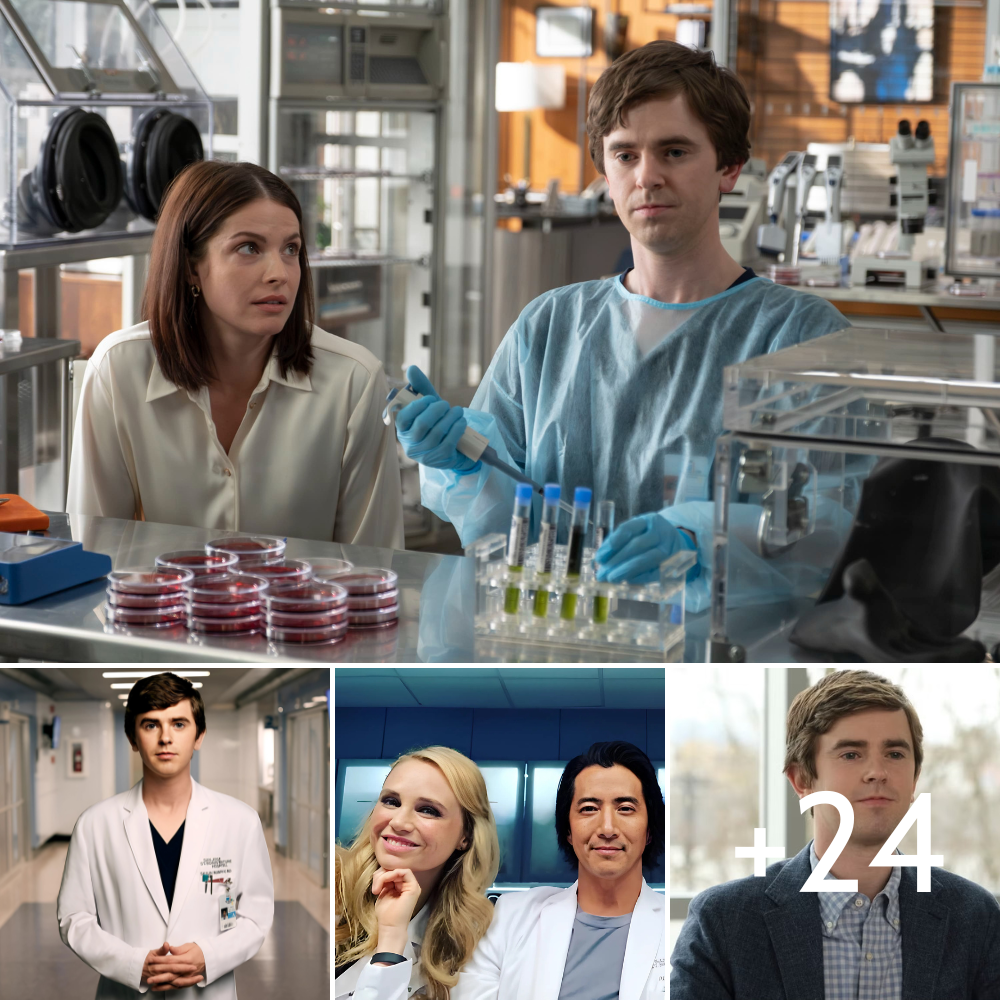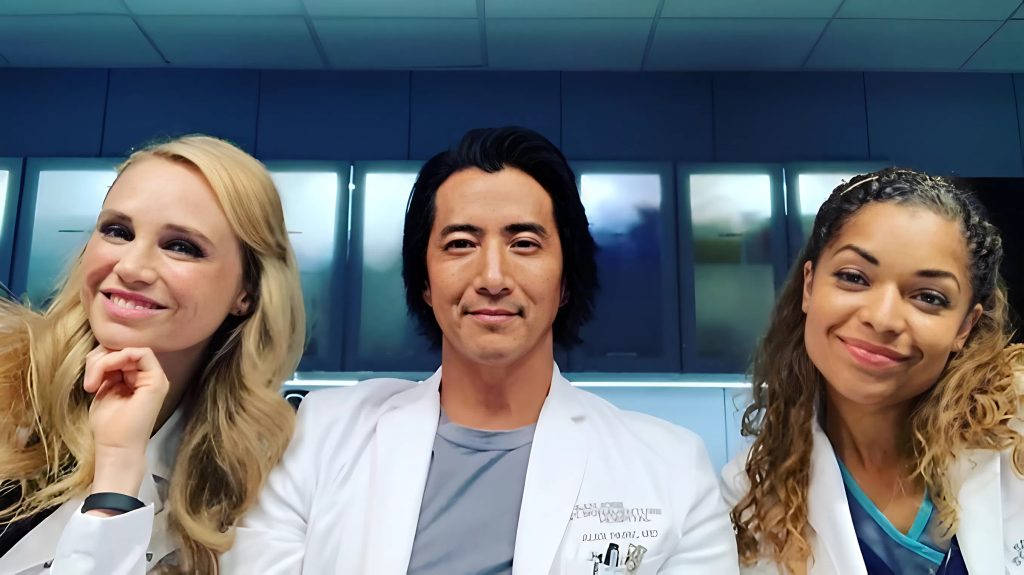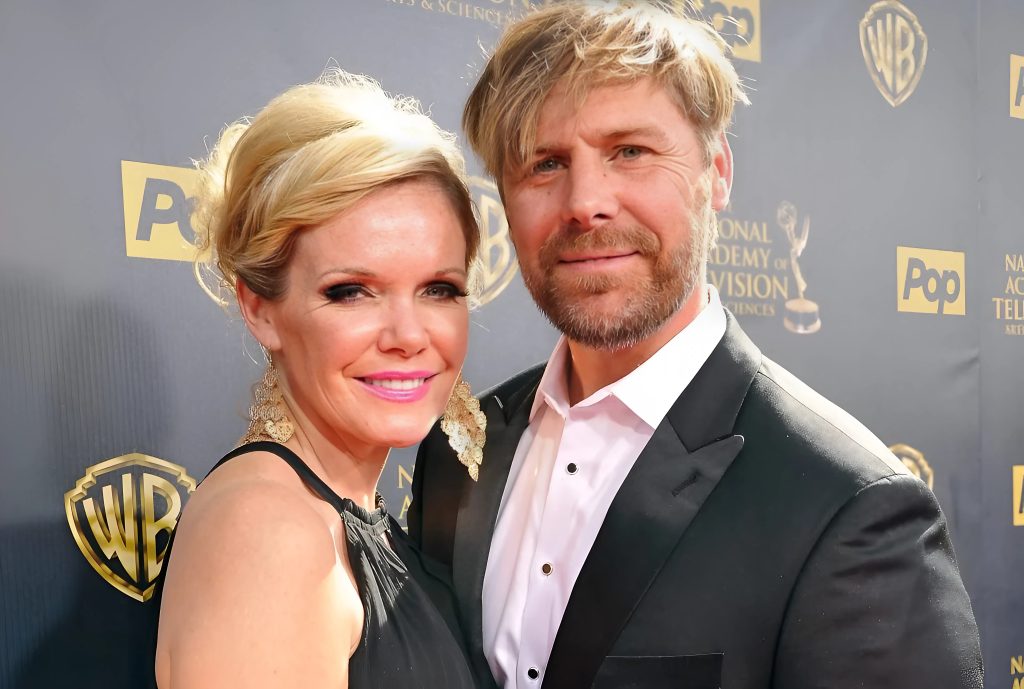
In its fifth season, The Good Doctor stepped away from purely medical drama to explore the politics and pressures of hospital management. At the center of this shift was the arrival of Salen Morrison, played by Tony Award-winning actress Rachel Bay Jones. Her presence not only disrupted the dynamics at St. Bonaventure Hospital but also tested the values of the doctors who had long defined the series’ heart.
From the moment Salen appeared, it was clear she was not a typical administrator. Charismatic, persuasive, and unapologetically ambitious, she quickly took control of the hospital after orchestrating a bold takeover. To some, her innovative ideas and business-first mindset promised efficiency and profitability. To others, especially the physicians on the front lines, her strategies represented a threat to patient care and professional integrity.
The tension between Salen and the medical staff created some of Season 5’s most compelling storylines. Dr. Shaun Murphy (Freddie Highmore), whose devotion to patients is unwavering, found himself particularly at odds with Salen’s rules. Her policies — often focused on cutting costs, streamlining procedures, and maximizing revenue — clashed with his uncompromising sense of medical ethics. The conflict wasn’t just professional; it was deeply personal, challenging Shaun’s ability to adapt in an environment where compassion was sometimes overshadowed by numbers.
Dr. Audrey Lim (Christina Chang), the hospital’s Chief of Surgery, also became one of Salen’s fiercest opponents. Lim, already known for her strong leadership and dedication, had to fight harder than ever to protect her team and maintain the standards of care she believed in. Her clashes with Salen underscored the ongoing struggle between medical authority and corporate control — a timely reflection of real-world debates in modern healthcare.
Meanwhile, other doctors, including Dr. Morgan Reznick (Fiona Gubelmann) and Dr. Alex Park (Will Yun Lee), navigated the murky waters of adapting to the new regime. Some sought to find compromise, while others contemplated rebellion. This layered storytelling allowed the show to explore not only the ethical dilemmas of medicine but also the emotional toll of working under constant administrative pressure.
What made Salen such a fascinating addition to the series was her complexity. Unlike typical antagonists, she was not portrayed as outright villainous. Her vision for the hospital — prioritizing patient satisfaction surveys, branding, and technology — wasn’t entirely misguided. In many ways, she represented the harsh reality of healthcare as a business. But her unwillingness to acknowledge the human side of medicine made her a formidable, polarizing figure.
By centering much of Season 5 around Salen’s leadership, The Good Doctor asked its audience an important question: Should hospitals operate like corporations, or should they remain sanctuaries of compassion above all else? For viewers, the struggle between Salen and the doctors added urgency and depth, elevating the season from medical drama to social commentary.
In the end, Salen Morrison’s arc left a lasting impression. She reminded both the characters and the audience that medicine is not practiced in a vacuum — it exists within systems of power, money, and control. And in Season 5, the battle for St. Bonaventure’s soul was just as gripping as any surgery on the operating table.


